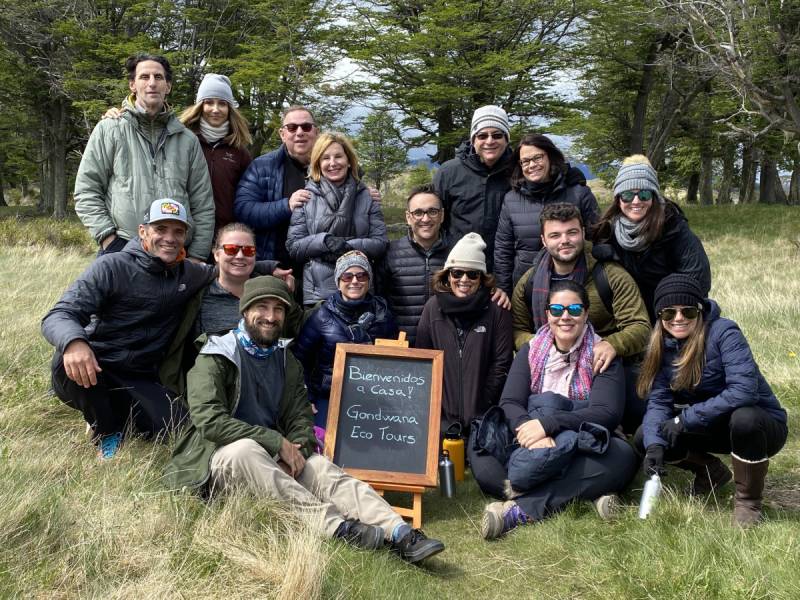Your Brain on a Plane
First, I should begin with a disclaimer: I am not a practicing neuroscientist. In the article that follows, I will explore, reference studies and make my own wild claims about the nature of travel with respect to personality and the psyche, but it is possible, however remotely, that these claims are not 100% accurate.
I first began to travel at just about a year old. I crawled, I am told, from the side of the orange davenport where, unamused with my present condition, I endeavored to squirm my way toward the kitchen. Thus began my fondness for travel, for seeking unknown frontiers. It was the equivalent to crossing an ocean to new continents, I am sure.
As I got older, my desire to travel remained steadfast, but now tools presented themselves to ease the task: maps, phones, kayak.com, and so forth. Surely, there must be some psychological benefits to travel. It is a desire so many people seem to have. Everyone wants to go to Vegas, swim with Whales, or see what Japan is up to. In the same way that hearing a new song that surprises you and fills you with delight and euphoria, traveling, one would think, can create new, stimulating experiences.

A Brain, not Travelling
As it turns out, that may be the case. In the Journal of Person and Social Psychology, researchers studied a group of German students, half of which traveled abroad to study, half of which did not. Not surprisingly, the half that did not travel reflected little change: Same social networking habits, same level of agreeability, health, and overall reported sense of “happiness”. The half that did travel, however, we consistently and repeatedly documented to have several changes. Those who traveled tended to show an increase in what was called “openness to experience”, that is, the willingness to grow and change through the trying of new things. They also documented an increase in emotional stability when compared with their peers. I’m imagining their peers would feel somewhat saddened to read said study.
In another study published by the same scientific journal, the link between international travel and creativity was explored. The author posits that through learning of a number of tasks through varying lenses (he uses the example of social rules for being offered a snack), people are apt to learn that there are multiple solutions to single questions. While the argument seems dubious in this context, the claim is made that by thinking about and being reminded of different cultural learning experiences, our ability to think creatively is heightened. My sense of how this could be true is simply that a broader, more diverse range of experiences will lead people to a broader, more diverse range of thoughts. It seems elemental that someone who studies both mathematics and theatre will have more numerous, resilient approaches to life struggles, as opposed to a person who only studied one or the other. In this sense, seeing many cultures and learning different approaches to similar situations would grow in one one’s mind the idea of multiple systems, possibly accounting for enhanced creativity.
Recently, studies have come out that point to learning new skills as the chief way to keep one’s mind sharp. There is a broad array of mind “games” in the digital ether that are designed to strengthen memory, critical thinking, and other cognitive functions. More recently, however, researchers are finding that they best way to maintain mental acuity is to focus the mind on something new, like quilting or juggling kittens. New experiences are paramount in keeping our minds moving forward.
In this same vein, Paul Nussbaum, of the neuroscience dept. at The University of Pittsburg says that “When you expose your brain to an environment that’s novel and complex or new and difficult, the brain literally reacts”. The sprouting of shiny new dendrites comes from the brain trying to assimilate and categorize different, unusual stimuli.
The physical benefits of travel are demonstrated as well, as men who do not take an annual vacation are shown to have a 30% higher risk of heart disease. Even when taking into account that those who can travel more commonly have access to health care, studies find that travel can have restorative, beneficial effects on physical health.
So that’s that. If you want to be creative, live a long time, be more agreeable, and enjoy a full life, it sounds like you need to get yourself on a boat, train, plane, car, or bike. Like anything, moderating your intake will probably be to your benefit. Traveling incessantly would likely have its own set of hazards, as does a life of couch-potatocity. Do your brain a favor, and check out the world, or at the very least, some streets you never go down.
Are you ready to travel? Start planning your next small group travel experience here.
Read more about small group travel and why it works. Discover how traveling in small groups can create lasting connections and unforgettable memories with like-minded individuals.


